The Centre, in its comparative White Paper analyzing the tenures of the UPA and Prime Minister Narendra Modi's government, launched a scathing attack on the former, labeling it a "lost decade" characterized by economic mismanagement and short-sighted fiscal policies. The White Paper, presented by Union Finance Minister Nirmala Sitharaman in parliament, accused the UPA of squandering the robust economic foundation inherited in 2004, resulting in a structurally weaker economy and widespread despondency by the time they left office in 2014.
Highlighting the economic landscape at the beginning of the UPA's tenure, the White Paper acknowledged a thriving economy with impressive growth rates across sectors, attributing much of this success to the reforms initiated by the preceding NDA government. However, the UPA failed to build upon these gains, instead taking undue credit for the positive economic indicators sustained by earlier reforms and global economic conditions.
A key criticism leveled against the UPA was its inability to curb inflation, with the average annual inflation rate during their tenure hovering around 8.2%. The White Paper also lambasted the UPA for reckless fiscal policies, leading to a ballooning fiscal deficit and heavy external borrowing utilized in an unproductive manner, neglecting critical sectors such as infrastructure and defense preparedness.
Moreover, the White Paper highlighted significant shortcomings in the implementation of social sector schemes, with a staggering ?94,060 crore of budgeted expenditure left unspent across major ministries over the UPA's tenure. This inefficiency starkly contrasted with the prudent financial management exhibited by the NDA government in the preceding decade.
The defense sector emerged as a focal point of criticism, with the White Paper detailing chronic equipment shortages and prolonged procurement processes under the UPA, severely impacting national security. Additionally, the UPA's failure to attract investments and improve the ease of doing business was emphasized, contrasting with the proactive measures taken by the Modi government to rejuvenate private investment and stimulate economic growth.
A significant portion of the White Paper was dedicated to exposing various scams and corruption scandals that tarnished the UPA's tenure, including the infamous 2G scam, coal block allocations, and irregularities in defense procurement. These instances of malfeasance underscored the UPA's governance failures and erosion of public trust.
In contrast, the White Paper hailed the Modi government's tenure as a period of transformative reforms aimed at revitalizing the economy and restoring India's global standing. The government's efforts led to a remarkable turnaround, propelling India from the league of the "Fragile Five" to the top echelons of economic performance.
However, despite the progress achieved, the White Paper acknowledged the ongoing challenges and the arduous journey ahead in realizing India's vision of becoming a developed nation by 2047.
The White Paper is slated for discussion in parliament, with the Congress expected to mount a vigorous rebuttal. Ahead of this debate, the Congress presented a "Black Paper" critiquing the government's policies, accusing it of neglecting key issues such as unemployment, inflation, and economic inequality.
Congress leader Mallikarjun Kharge criticized the government's focus on attacking the Congress instead of addressing pressing concerns facing the nation. He accused the government of spreading misinformation and disregarding the plight of ordinary citizens, exemplified by their failure to provide accurate employment figures and their discriminatory treatment of states.
In conclusion, the White Paper offers a comprehensive assessment of the contrasting economic trajectories under the UPA and the Modi government, highlighting systemic failures and governance challenges while underscoring the need for sustained reforms and inclusive growth to propel India towards its development goals.







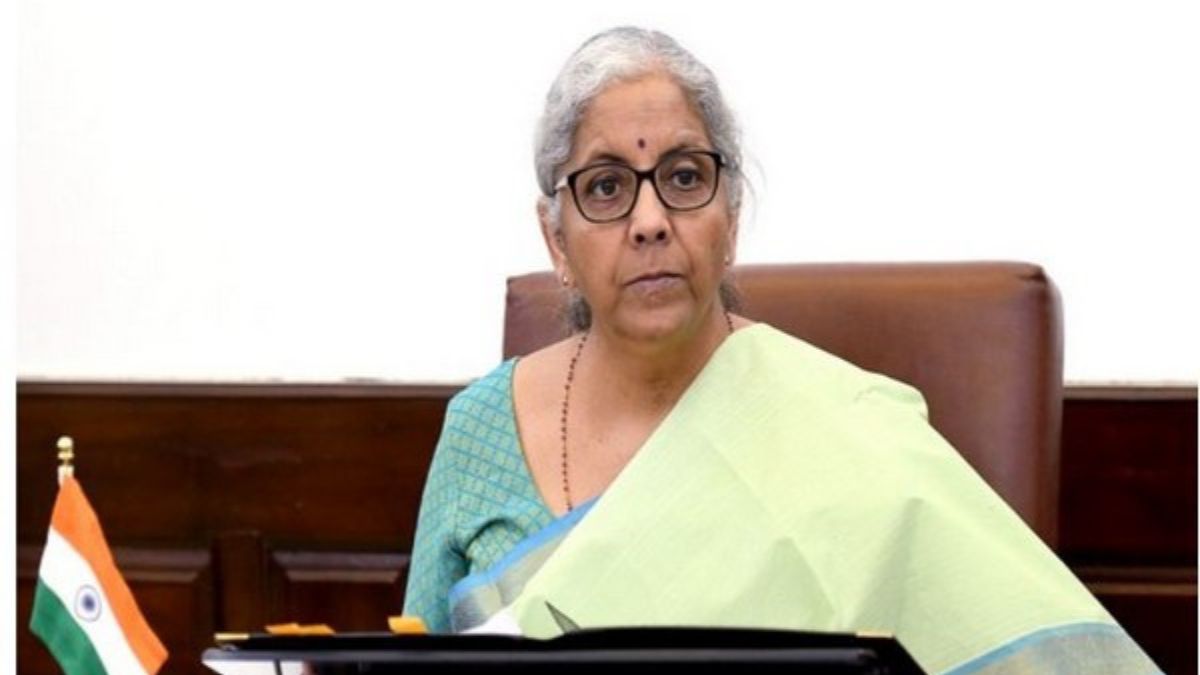
 OpinionExpress.In
OpinionExpress.In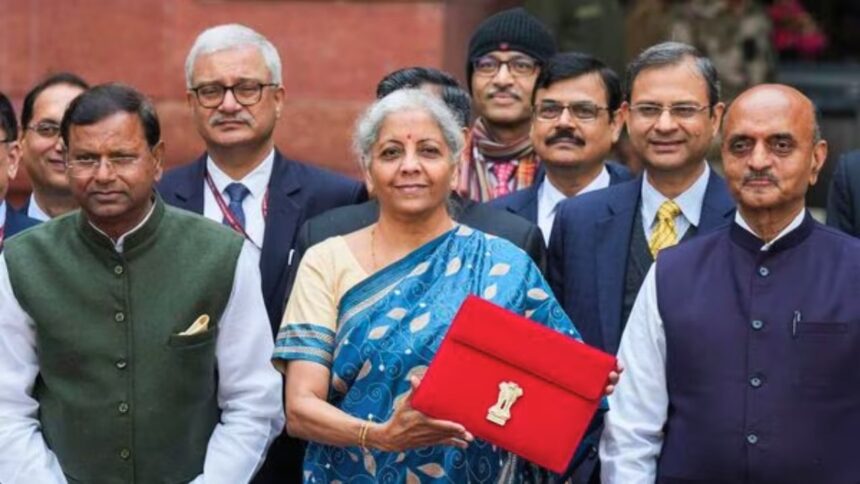
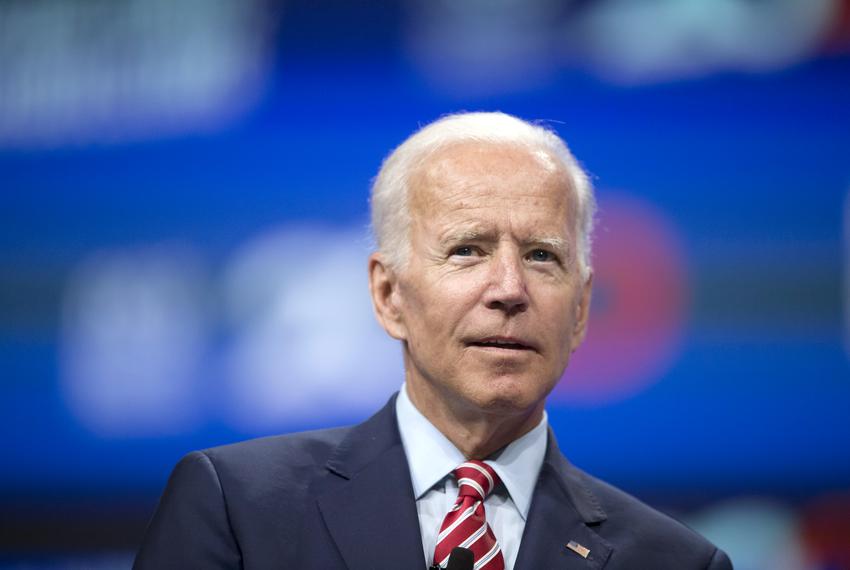

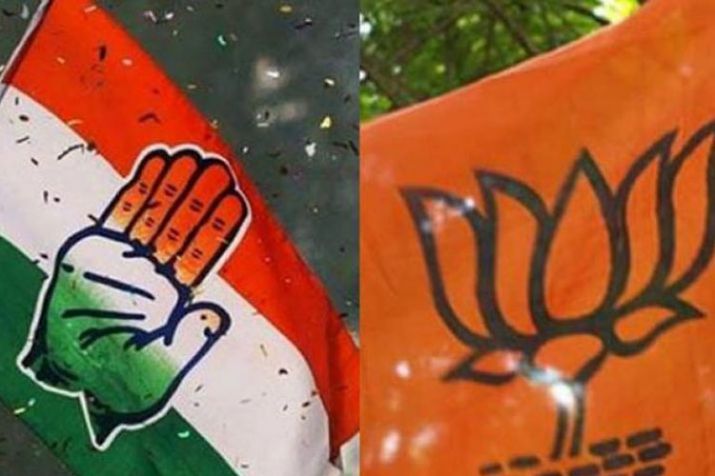
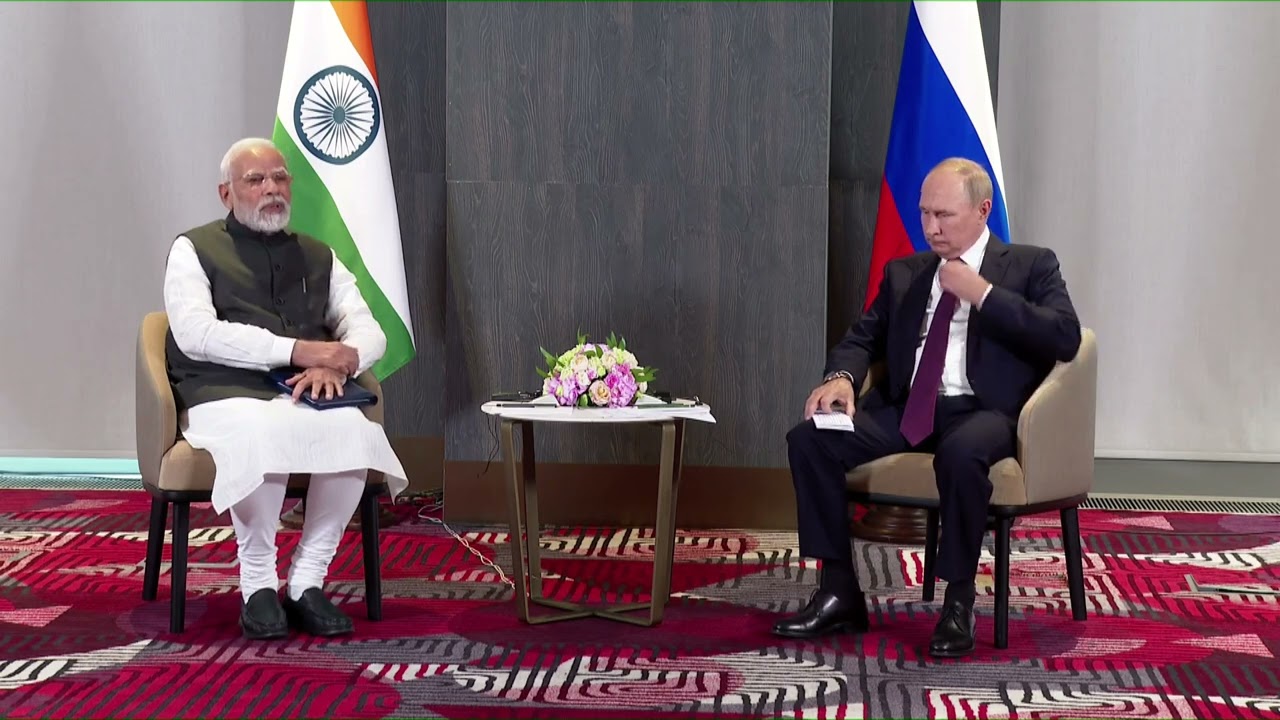
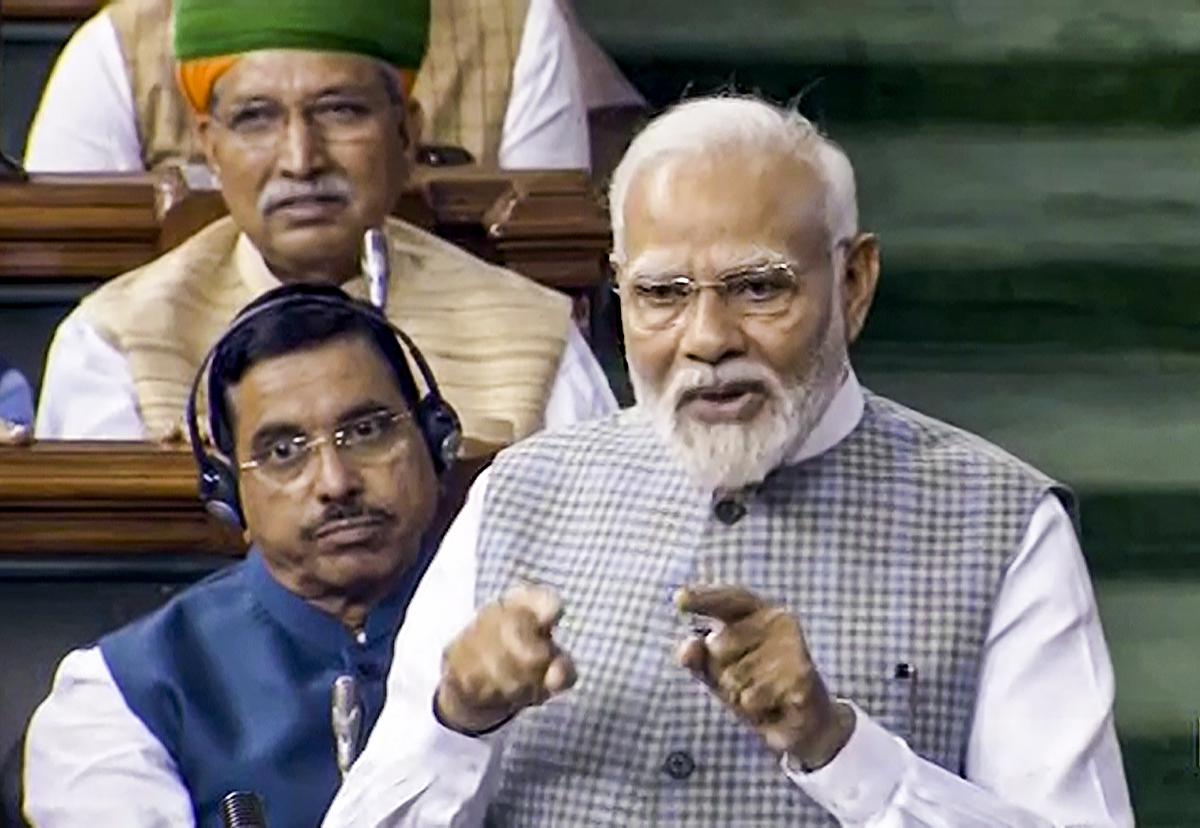

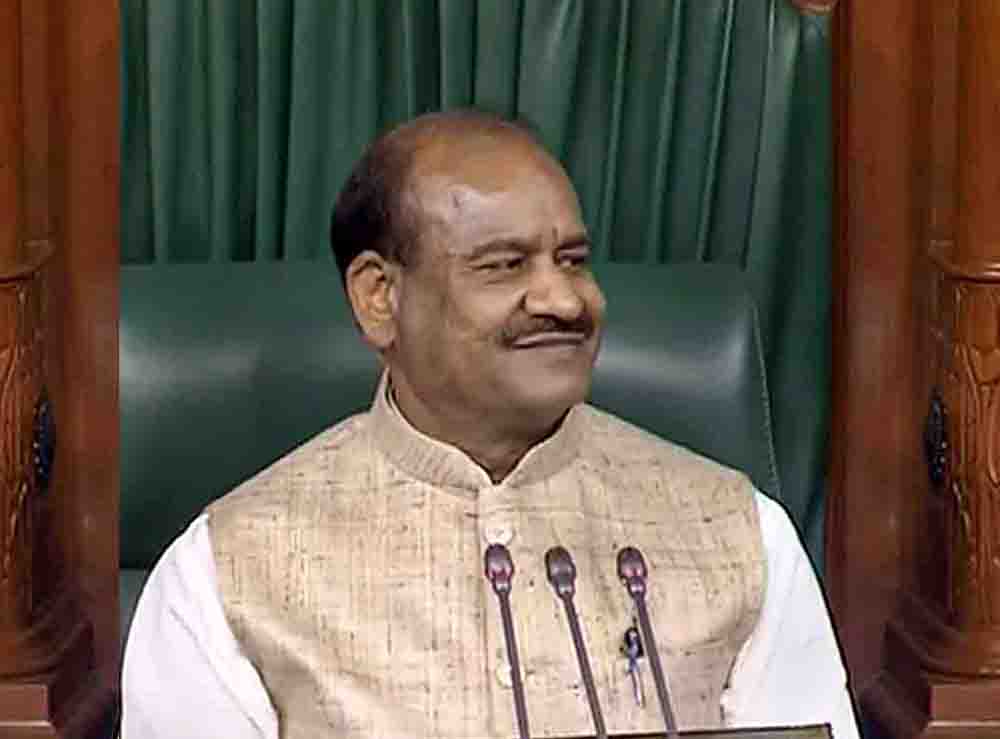

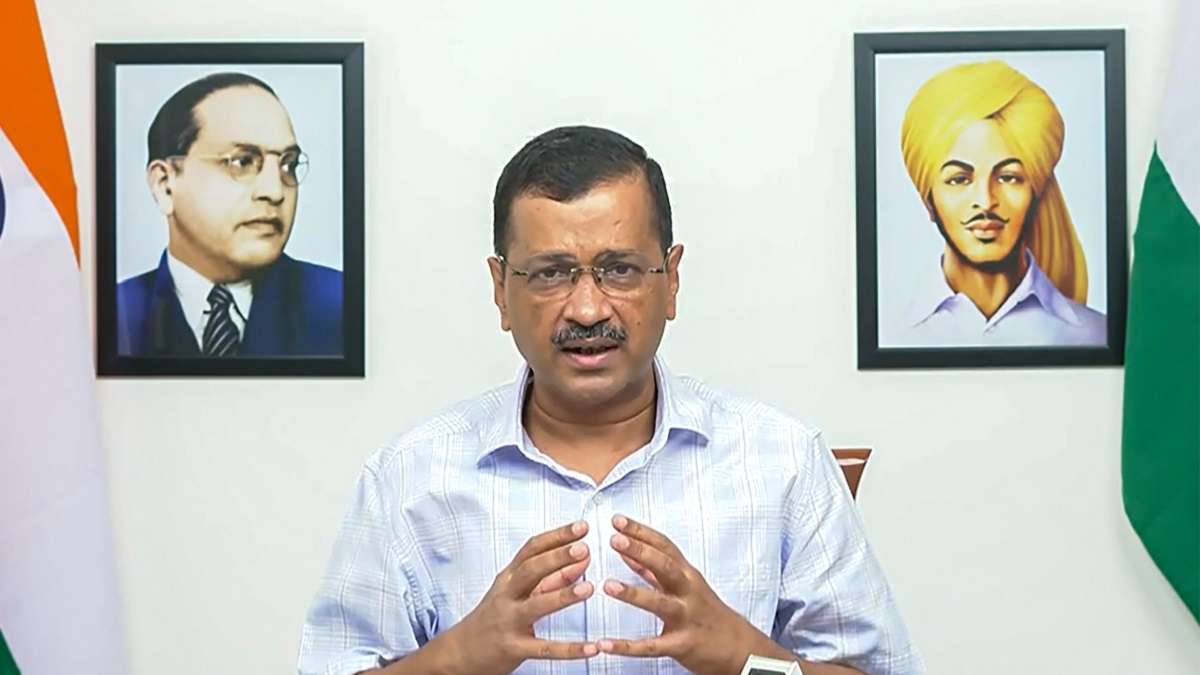






Comments (0)